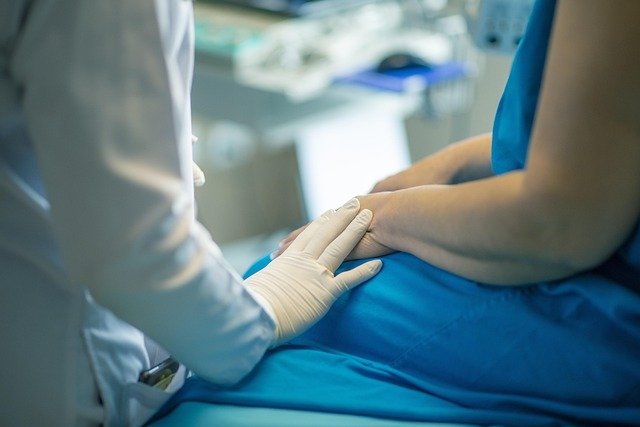Sleep Apnea Trials: New Frontiers in Treatment
Clinical trials for sleep apnea are paving the way for new and improved treatment options by evaluating innovative approaches in both medication and medical devices. These studies help expand medical knowledge, often include free diagnostic services, and follow strict protocols to assess safety and effectiveness. Participation is always voluntary and based on defined eligibility criteria.

The Science Behind Clinical Trials
Clinical trials for sleep apnea follow rigorous scientific methodologies designed to ensure reliable results. These studies typically progress through multiple phases, beginning with small safety trials before advancing to larger effectiveness studies. Researchers carefully monitor participants’ sleep patterns, breathing metrics, and overall health outcomes using sophisticated diagnostic equipment. This systematic approach helps validate new treatments while protecting participant well-being.
Latest Innovations in Sleep Devices
Current sleep apnea trials are investigating several promising technologies. These include advanced CPAP alternatives, such as smaller, more comfortable devices and innovative mask designs. Some studies explore neurostimulation devices that work with the body’s natural breathing mechanisms. Other trials evaluate combination therapies that might provide more comprehensive treatment approaches for different types of sleep apnea.
Understanding Eligibility Requirements
Participation in sleep apnea trials requires meeting specific criteria to ensure both participant safety and study validity. Common requirements include:
-
Age range (typically 18-65 years)
-
Confirmed sleep apnea diagnosis
-
No serious underlying health conditions
-
Ability to attend regular study visits
-
No current participation in other clinical trials
Finding Available Trial Opportunities
Interested individuals can locate sleep apnea trials through several channels:
-
Clinical trial databases maintained by medical institutions
-
Sleep disorder centers and sleep specialists
-
University research departments
-
Government health websites
-
Local healthcare provider networks
Compensation and Study-Related Care
Clinical trials typically cover all study-related medical care. While specific compensation details vary by study, participants generally receive:
-
Free sleep evaluations and monitoring
-
Study-related medical examinations
-
Access to experimental treatments
-
Reimbursement for time and travel expenses
The focus remains on advancing medical knowledge and improving treatment options, with any compensation structured to offset participant expenses rather than as an incentive.
A crucial part of sleep apnea research involves studying real-world treatment outcomes. Researchers carefully document how different approaches affect various patient populations, considering factors like severity of condition, lifestyle impacts, and treatment adherence. This comprehensive evaluation helps determine which innovations might best serve different patient needs.
This article is for informational purposes only and should not be considered medical advice. Please consult a qualified healthcare professional for personalized guidance and treatment.




